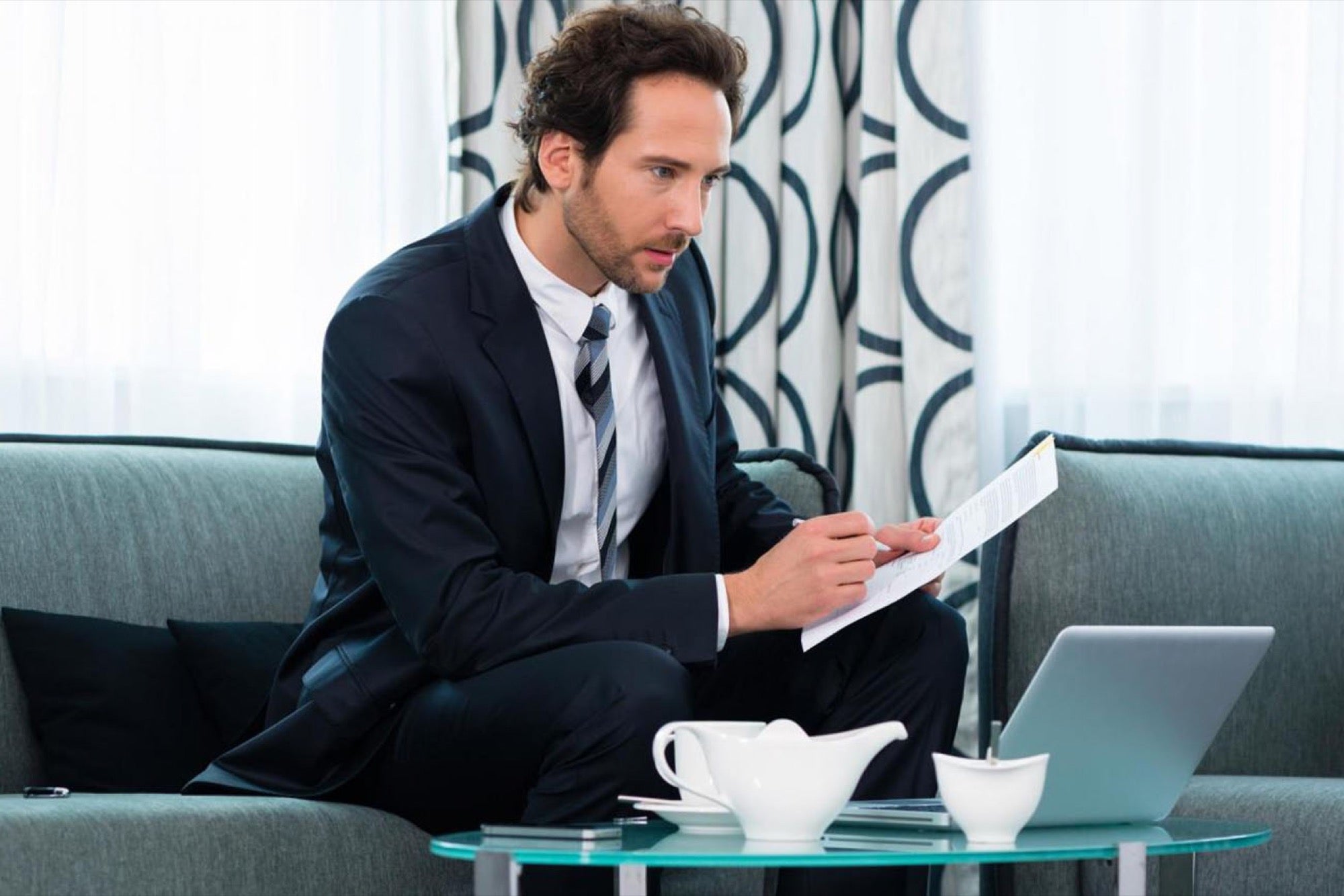Hotels Fight for the Right to Block Guests' Wi-Fi As Marriott and Hilton seek FCC approval to block guests' from using personal Wi-Fi hotspots, Google and Microsoft have come out against the practice.
By Kate Taylor
Opinions expressed by Entrepreneur contributors are their own.

If you're going online while staying at a hotel, Marriott wants you to pay up.
An industry group including Marriott International, the American Hotel & Lodging Association and Ryman Hospitality is petitioning the Federal Communications Commission to permit the disabling of unauthorized Wi-Fi access points as an alleged security measure. If the petition is approved, hotels will be able to block guests from accessing personal Wi-Fi hotspots, essentially forcing them to pay for hotel Wi-Fi if they want to access the Internet.
The hospitality industry has argued that hotels are simply attempting to provide secure and reliable Wi-Fi and prevent cyberattacks. However, critics say that the move is a money grab by hotels forcing guests and convention-goers to pay for Internet.
Related: This Major Hotel Chain Now Lets You Access Your Room by Smartphone
Currently, jamming or blocking any communications signal is prohibited by the FCC. In October, Marriott settled an FCC complaint for $600,000 for allegedly jamming mobile hotspots in convention spaces, charging exhibitors and attendees anywhere from $250 to $1,000 for Wi-Fi service.
As the battle heats up, players across the tech and hospitality industries are taking sides. Hotel giant Hilton is backing Marriott and pushing for the petition's approval. Meanwhile, Google and Microsoft have come out against the petition, urging the FCC to rule that any intentional interferences with guests' Wi-Fi access is illegal.










